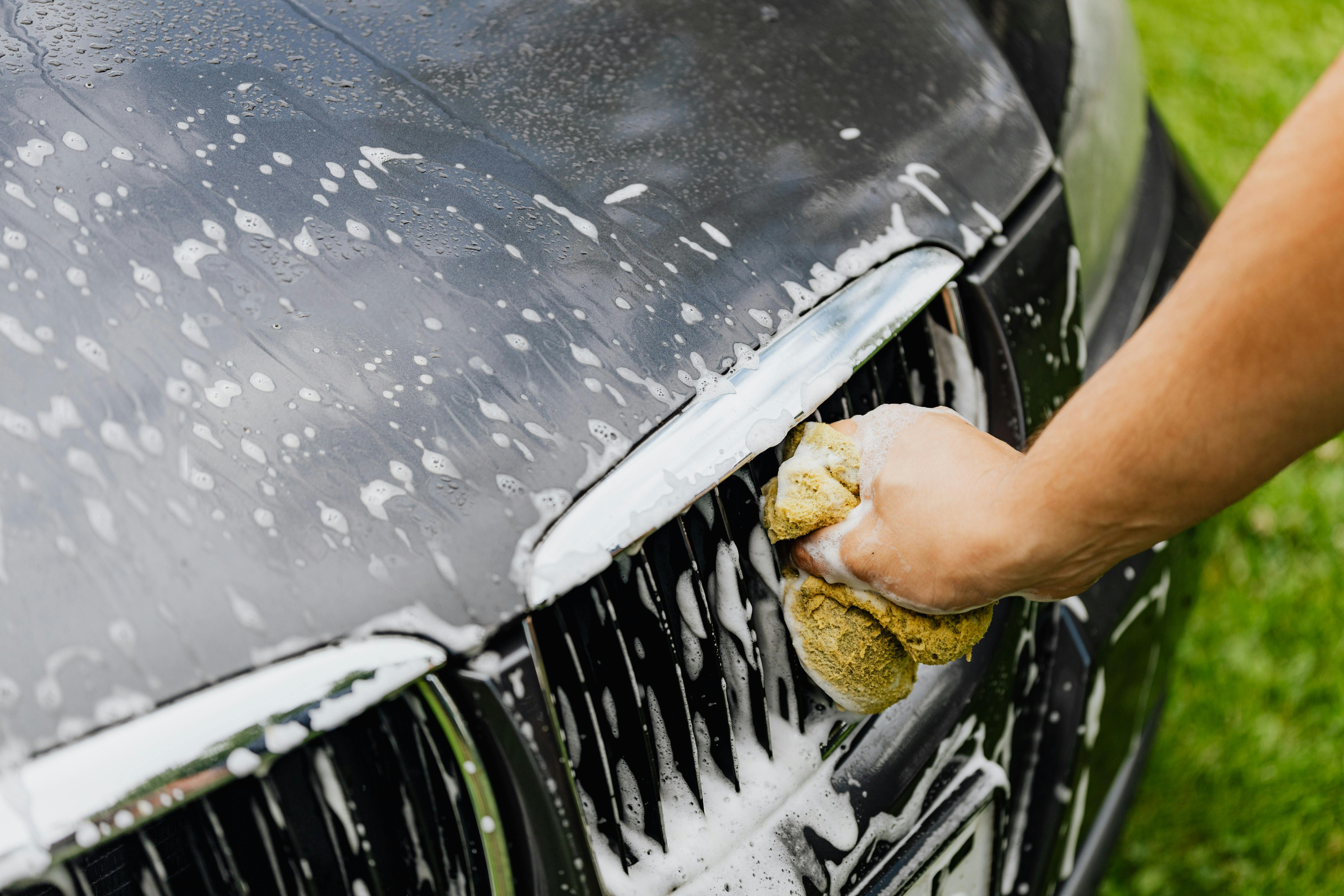
What is under the carpet of your car?
admin
- 0
It’s been 2 years since stories of cars being flooded by Hurricane Katrina saturated the ‘buyer beware’ world. But it’s not just flooded cars that cause problems. Other liquids like spilled milk, melted snow, pressure-washed carpets, or a leaking windshield can also cause serious problems. Let us show you just how serious a wet floor can be!
Our expertise is in airbag systems, airbag replacement, and airbag service, which is why we are often asked to do research for insurance companies, attorneys, and individuals involving accidental or unintentional airbag deployment. of air. After inspecting many of these vehicles and learning of the serious personal injuries they can cause, the reason for these airbag deployments is shocking. What we have found has a common theme… liquids and electronics don’t mix!!
This article will show you exactly what happens; not necessarily immediately, but 6 months, 1 year or even 4 or 5 years later. Once you know the facts, simply being aware of these potentially serious situations and hazards can help you deal with the causes and may save you from serious personal harm.
Although an estimated 500,000 to 600,000 cars were damaged by the hurricane and subsequent flooding, many vehicles that do not flood are susceptible to the same type of damage. What damage? Water or moisture collects under the seats and console and damages highly sensitive electronic components.
The air bag control units for most vehicles on the road today are located on the floor or near the center of the vehicle, under the seats and consoles. Manufacturers put them there specifically to replicate, as closely as possible, the effects of an accident on the vehicle’s passengers. But being placed in such a low point of the vehicle, they run the risk of contamination with water or many other situations. Some simple, normal, everyday things that happen when you drive a car can have serious consequences. Here are some.
With winter approaching and snow flying in many states, melted snow and ice will now find its way onto vehicle floors across the country. Turn on the heater and this snow and ice turn to water, saturating the carpet and eventually draining down to the lowest pint of the vehicle…the floor under the seats.
As vehicles in the ‘sunshine states’ age and sit in the sun day after day, the soft rubber seals around the windshield begin to harden and crack. Once the brittle seal cracks or breaks, any rain or car wash water that hits the roof and windshield is now channeled into the car, hidden by the interior panels, and traveling to the lowest points of the car. .. floor. and under the seats.
Or how about the used car dealer who wants to get the most out of their cars? With the best of intentions, he pressure cleans the interior of every vehicle he gets from auction. These are not flooded cars, just used cars with dirty carpets. With a pressure wand in hand, or a steamer, the rugs are purposely washed and then dried as best as possible. But it’s too late… the water that soaked the carpet during the process has already seeped out, seeped under the seats and is now pooling on the metal floor, saturating the padding along the way and going exactly where we don’t want it to be. wet. ; around the airbag control unit.
And with so many people eating and drinking in their vehicles, cup holders all over the dash and console, the chance of spilling a soda or cup of coffee is greater now than ever. And guess where that spilled liquid goes… Well, through the console to the floor, or between the seats where you can’t wipe it off.
Whatever the reason, fluids find their way onto the carpet and into the interior of vehicles exactly where we don’t want them… mixing with the electronic control module.
This is what happens when water and electronics mix. These images capture the inevitable results of ignoring the problem of a wet floor. Over time, the water can turn the part on the left into the part on the right. What’s in your car?
The owner of the vehicle this part came from sustained serious injuries when the air bag deployed immediately after starting her car one morning. She was not wearing a seatbelt and was not prepared for the impact of the air bag. She was starting to go to work when an air bag hit her in the face and jaw at 200 mph. (General Motors Safety Website)
Air bags are designed to protect us from injury, but like many other conveniences in our lives, they need care and maintenance to ensure their reliability. Most automakers recommend servicing air bag systems every 10 years. Checking for moisture buildup on floors should be included in that procedure and done more frequently. However, as a vehicle owner, it is ultimately your responsibility to care for and maintain your car. After all, it is you who is at risk.
Here are some simple things you can do to identify if your car is at risk. Be aware of any of the following indicators. They can indicate that a serious problem is brewing:
- Moisture in the floor and carpets; moisture inside the instrument panel
- Rust on interior screws and other metal parts
- Mold, debris, and mildew in places where it should not normally be found
- under seats or carpets,
- in the trunk, or
- in the back floor wells
- Water stains or discoloration of seat belts and door panels
- A musty odor or a strong odor of Lysol or deodorant used to cover up an odor problem

